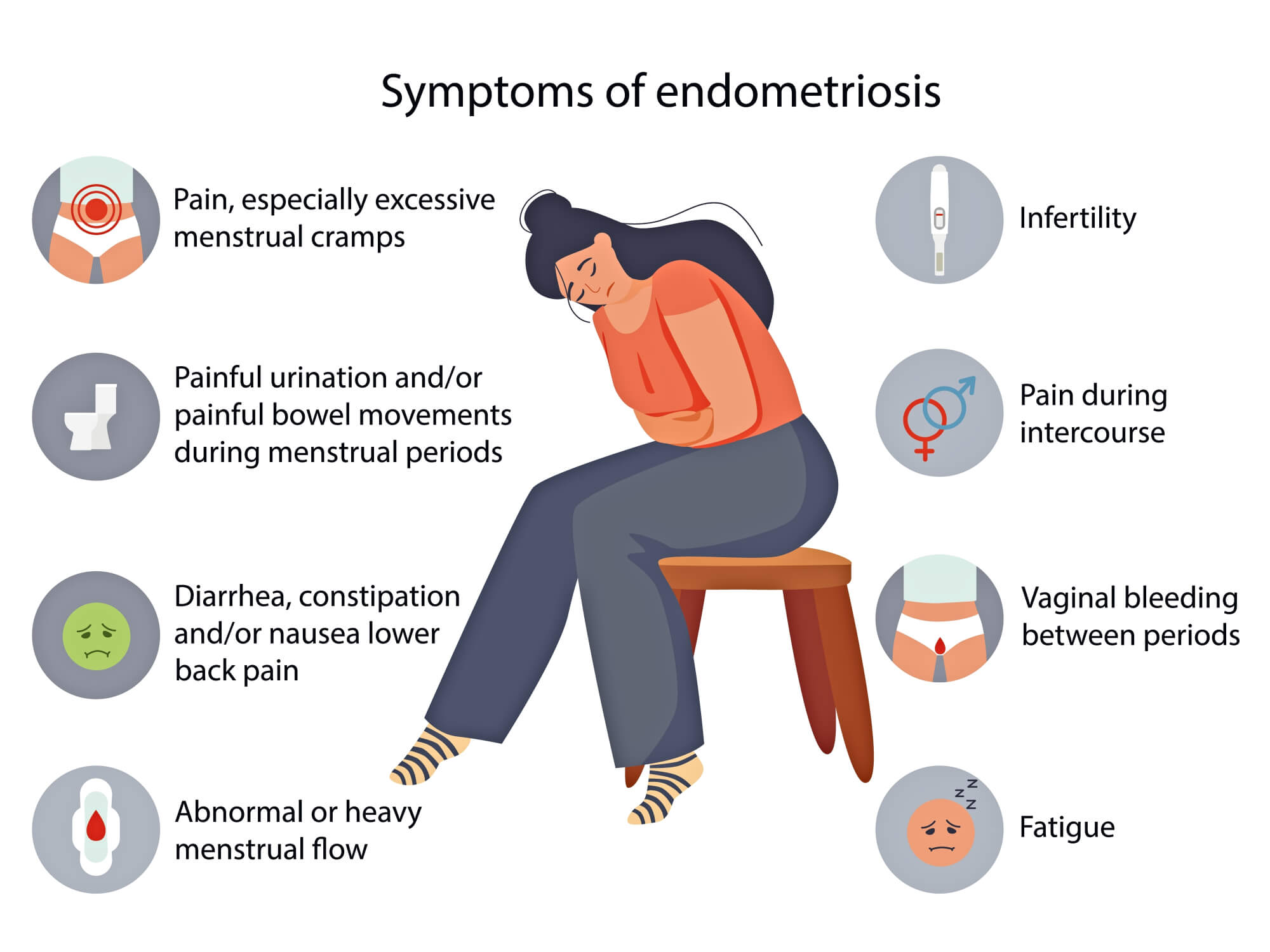Urgent: India Needs More Endometriosis Medical Professionals


The Endometriosis Foundation of India, with its headquarters in Hyderabad, is presenting a proposal to the state and federal governments, as well as medical institutions, outlining the urgent need for more endometriosis medical specialists in the nation. The organization was founded with the goals of raising awareness and offering assistance.
Over 42 million women in India currently suffer from endometriosis, which affects 1 in 10 women on average. According to WHO standards, the doctor-to-patient ratio should be at 1: 1000. The country’s doctor-to-population ratio is 1:834, with 5.65 lakh AYUSH doctors and registered allopathic physicians. India, in comparison, only has a small number of doctors who do endometriosis excision procedures.
Endometriosis is a serious but undertreated and underfunded medical ailment that affects millions of women, according to Dr. Vimee Bindra, the founder of the Endometrioses Foundation of India.
It is a chronic illness that affects millions of women in India alone and affects roughly 10% of women globally who are of reproductive age. Despite being common, endometriosis is still poorly recognized, frequently misinterpreted and not appropriately treated in the Indian healthcare system. This representation through a proposal has as its goal to lay out a comprehensive plan for raising awareness of endometriosis and improving the diagnosis, care, and support for women affected by the condition in India over the next five years. It also emphasizes the requirement for more facilities for endometriosis specialization in medical institutes and for having a large number of endometriosis specialists to treat the staggering number of cases.
The comprehensive National Endometriosis Awareness and Action Plan included in the proposal, among others, aims to raise public knowledge of the condition, improve early detection and diagnosis, and offer improved support and treatment choices for people who are affected. The five-year plan includes partnerships with stakeholders, public awareness campaigns, educational programs, capacity-building measures, and research and development.
The level of endometriosis care available in India at the moment is insufficient to deal with the severity of the problem. Therefore, the successful implementation of the suggested plan will enhance the lives of numerous women and advance India’s healthcare system as a whole.
Priyanka Dutta
